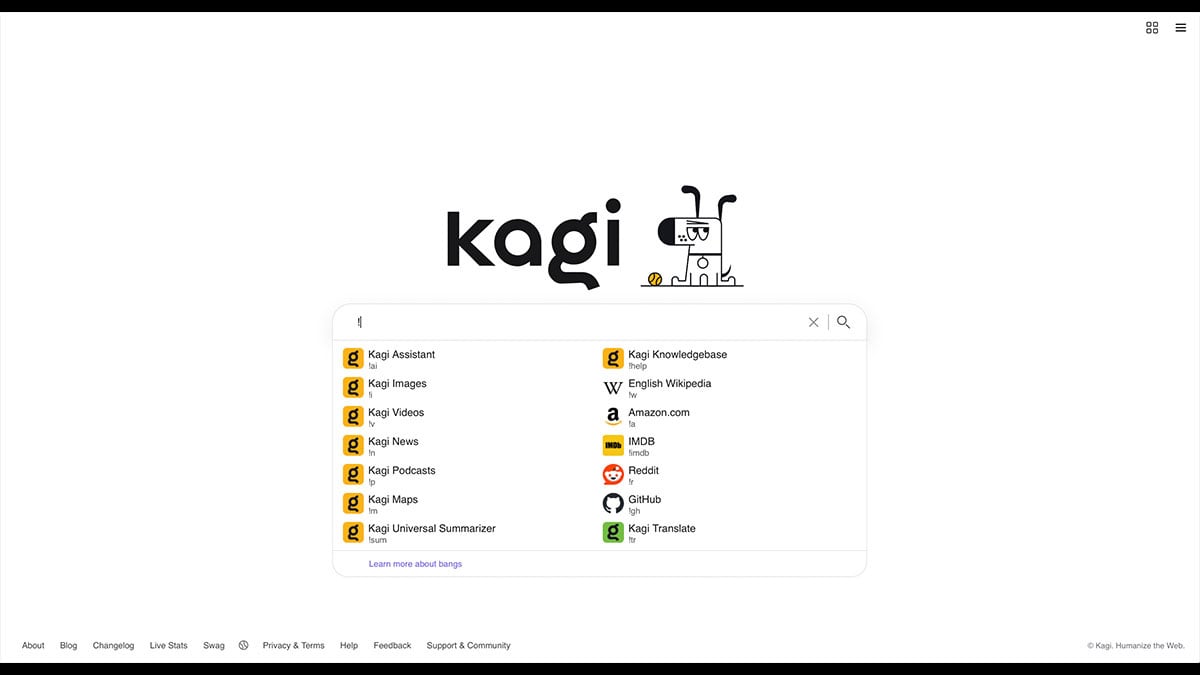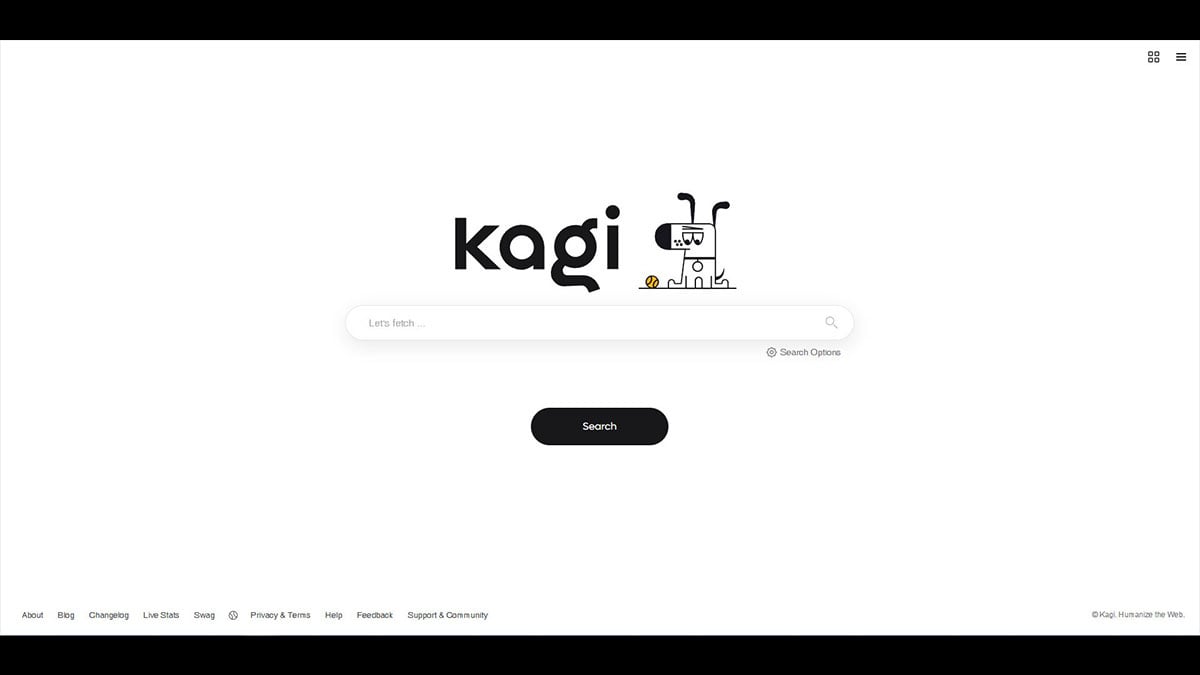
Search engines make our lives easier by letting us access a whole world of information with just a few words. Kagi is a paid search engine that provides ad-free searches without trackers. In this article, we will explore Kagi’s features compared to other well-known search engines and examine whether it is worth the fee.
What is a paid search engine?
Paid search engines are similar to regular search engines, except they require a monthly fee. While the concept of paying to search may feel unusual, paid search engines provide higher quality search results without annoying ads or data collection. In that sense, paid search engines are like a premium version of their regular counterparts, offering a more streamlined service at a cost.
Why are most search engines free?
Many of us will be familiar with search engines like Google, Yahoo, and more. But why are most search engines free? This is because they rely on advertising to make money, namely the row of paid ads we can now see alongside search results. The so-called pay-per-click system means that the search engine receives money from advertisers when users click their ads, helping Google generate a whopping USD $237.855 billion in 2023.
Another reason that most search engines are free is because we, the searchers, are the product. Search engines collect and store user data to optimize their algorithms and show us targeted ads that may pique our interest. So, while regular search engines may be free, we are actually paying with our private data.
How is Kagi different from regular search engines?

Kagi gives users the familiarity of a search engine, but with added privacy features that safeguard our data. It promises to take us back to the days when search engines gave results instead of advertisements and let users block unwanted domains. After searching, users can view their results in forums, images, videos, PDFs, podcasts, and more. The optional Privacy Pass feature uses special cryptographic tokens to log into Kagi instead of an account. This means that search details cannot be linked to a specific account, allowing users to search for information without revealing their identity.
Kagi searches are supported by AI, helping to produce more intuitive results. Known as the Assistant, this AI tool lets users search without data harvesting, ads, or tracking. Users can try out Kagi for free with a trial plan that includes 100 searches and standard AI. Paid plans range from USD $5 to USD $25, with different features like unlimited searches, Kagi Translate, and the AI Assistant. Family and team plans are also available for multiple users within the home or work environment. A comprehensive list of Kagi’s features is available here.
Kagi: Does the price justify the price tag?
Regular search engines are free from membership fees, but they are known to collect user data and use it for targeted ads. Privacy-conscious users will no doubt appreciate Kagi’s additional features and optional Privacy Pass for anonymous searches. Time will tell if paid search engines will become as popular as regular search engines. Potential Kagi users can sign up for the Starter Plan for just USD $5 a month for 300 searches, allowing them to decide whether or not a paid search engine is the way forward. The free trial version is also useful for a quick overview; however users are restricted to just 100 searches per month. Users can also consider installing the Orion web browser from Kagi for maximum privacy and anti-tracking technology.
Recommended Products








